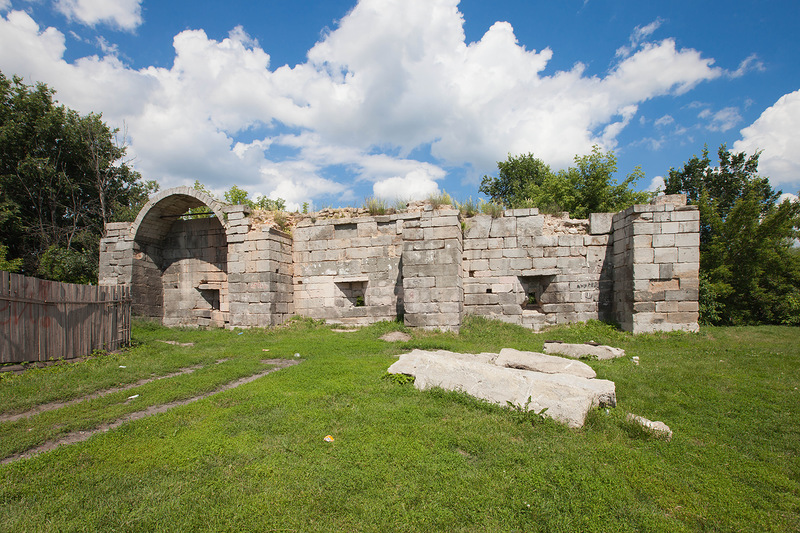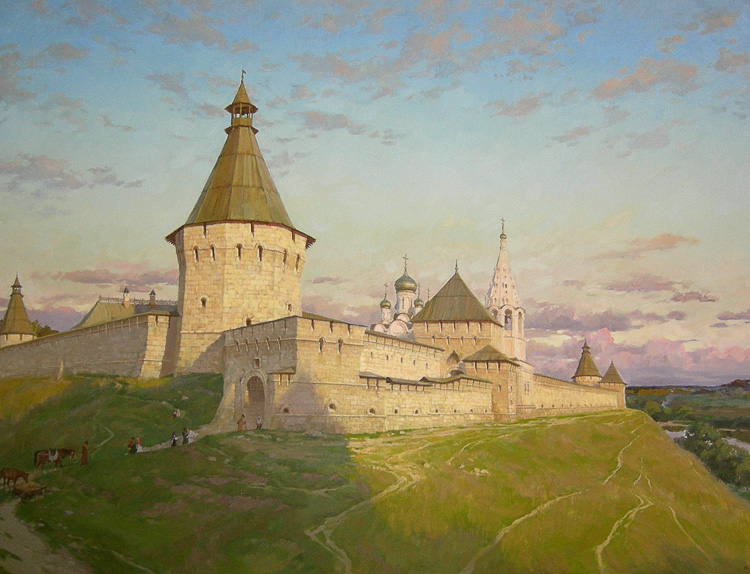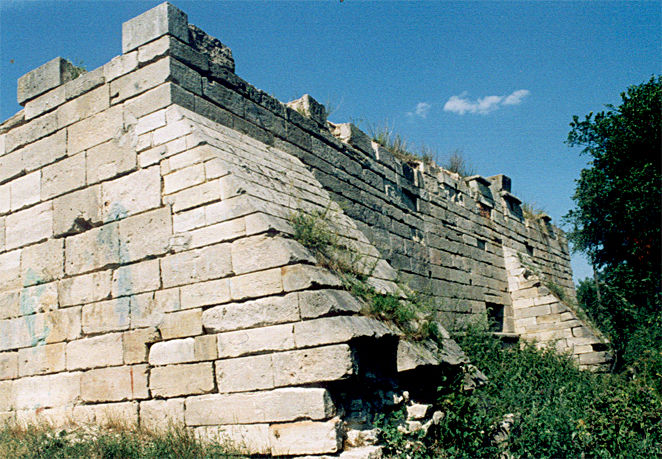Serpukhov is a city in Moscow Oblast, Russia, located at the confluence of the Oka and the Nara Rivers, 99 kilometers (62 mi) south from Moscow on the Moscow—Simferopol highway. The Moscow—Tula railway passes through Serpukhov. Population: 127,041 (2010 Census); 131,097 (2002 Census); 143,618 (1989 Census).
Serpukhov was established in 1339 to protect the southern approaches to Moscow. Two years later it was made a seat of the powerful princedom ruled by a cousin and close associate of Dmitry Donskoy, Vladimir the Bold. Town status was granted to it in 1374. The princedom continued until 1456, when the last prince escaped to Lithuania. The town frequently fell prey to the hordes of Tokhtamysh, Crimean Tatars, and other steppe conquerors. It was necessary to protect it with a stone citadel, or kremlin, which was completed by 1556 as part of the Great Abatis Belt.
Within the framework of administrative divisions, Serpukhov serves as the administrative center of Serpukhovsky District, even though it is not a part of it. As an administrative division, it is incorporated separately as Serpukhov City Under Oblast Jurisdiction—an administrative unit with the status equal to that of the districts. As a municipal division, Serpukhov City Under Oblast Jurisdiction is incorporated as Serpukhov Urban Okrug.
The citadel commands a steep hill where the small Serpeyka River enters the Nara. However, during the 19th century, parts of the citadel were demolished by the town's inhabitants, who used its limestone for their private residences. Even now the vast majority of basements in nearby houses are built from this material. In the kremlin, the chief monument is the Trinity cathedral, built in 1696 in Moscow Baroque style.
The Vysotsky Monastery features a cathedral and refectory dating from the late 16th century, as well as the allegedly miracle-working icon Inexhaustible Chalice. Another important cloister is called Vladychny, with the Presentation cathedral and a tent-like St. George's church, both erected during Boris Godunov's reign. The latter monastery is named after the honorary title of Russian bishops, as it was founded by the holy metropolitan Alexis in 1360.












